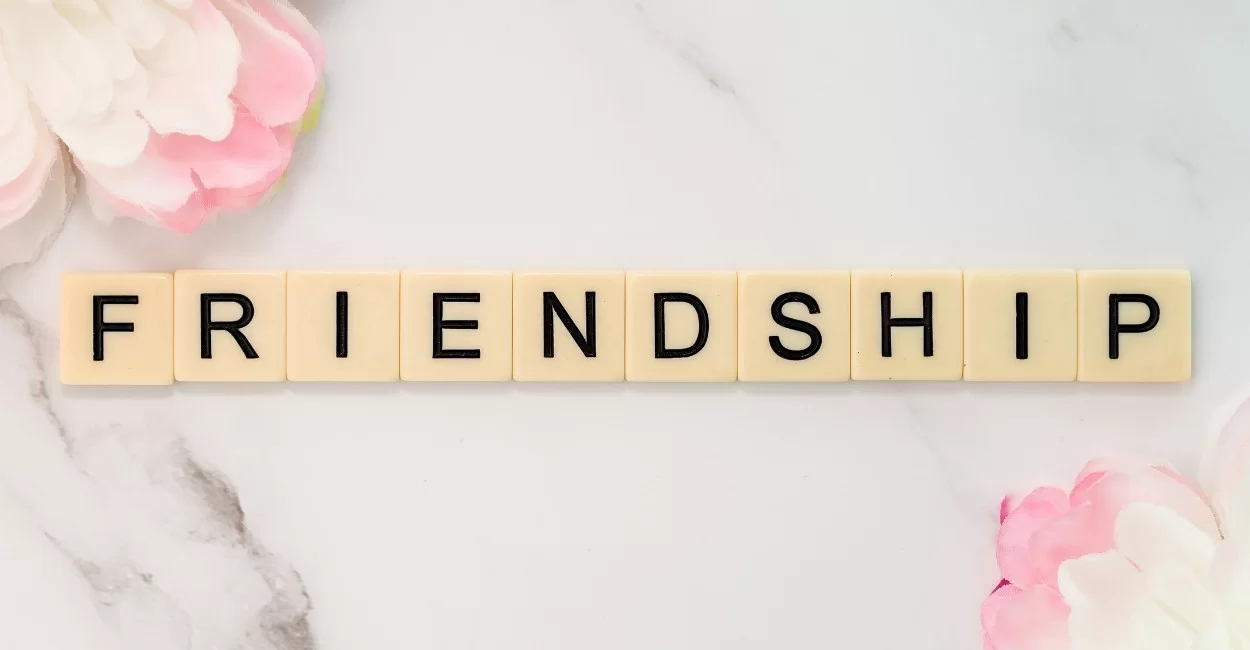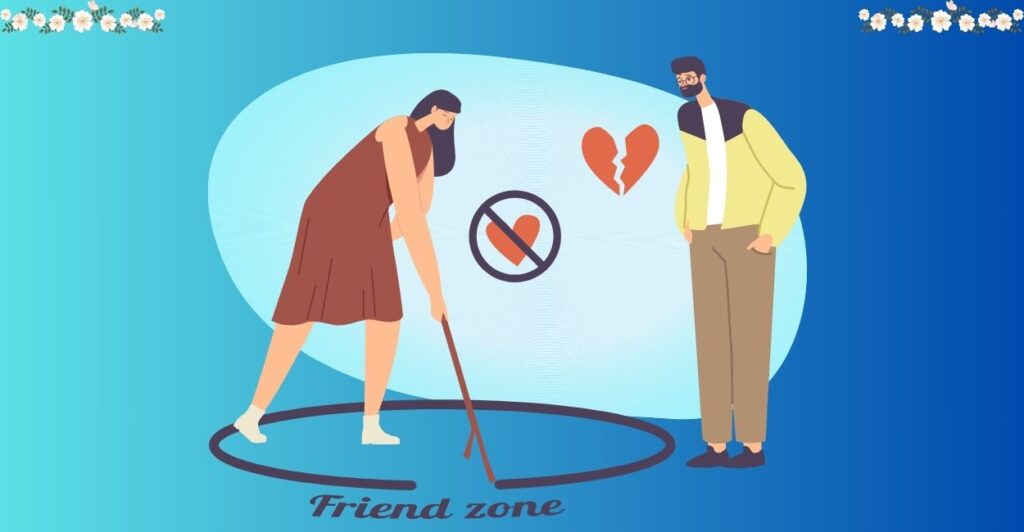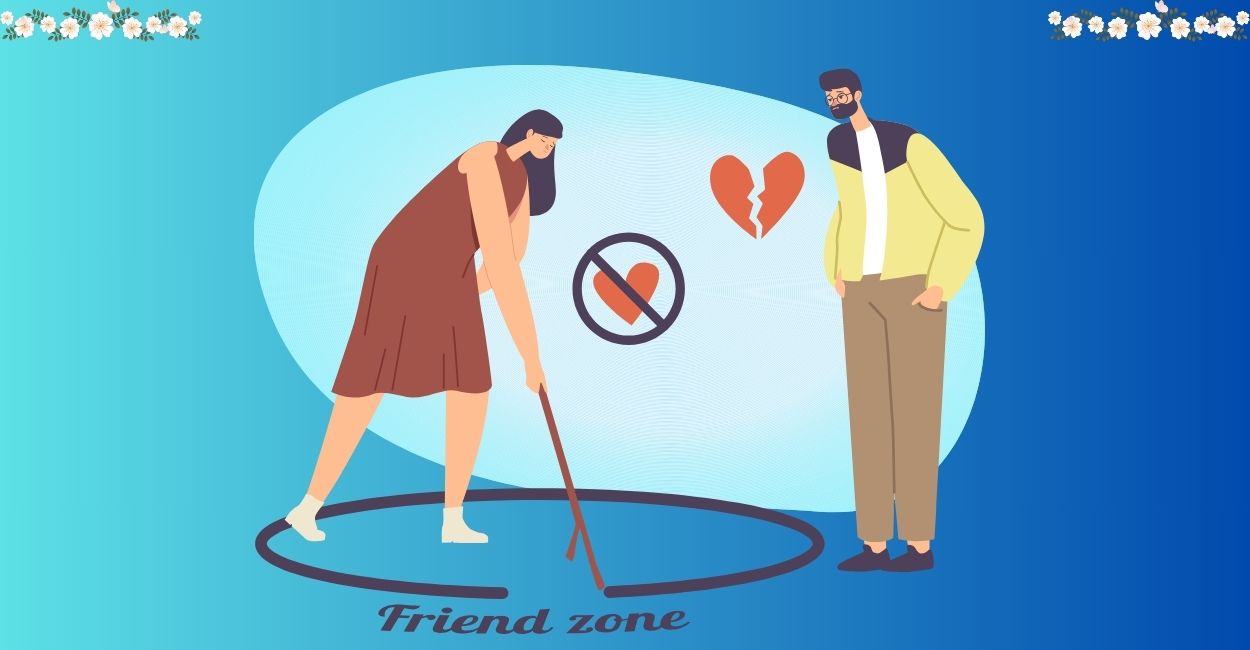Types of Friendships: Know All About them

The very famous American sitcom, F.R.I.E.N.D.S., has been one of the most loved TV shows of all time, evidently because of the different types of friendships that the characters share throughout the show.
It is desirable to share trust, unconditional love, concern, & support with the people in your life. Friendship brings with itself a long list of desirable benefits.
It is often considered appealing to maintain long-lasting friendships. Having a consistent connection with your schoolmates, collegemates, or childhood buddies long after you’ve grown beyond the time you first met, looks like a dream come true to many.
But how good are friendships really & what do they say about us as individuals?
What is Friendship?
Amongst the most enchanting feelings amongst people across the globe throughout life is happiness. Studies worldwide have always shown that happiness & friendship are interlinked and how!
A sense of belongingness, a sense of being understood, trusted, loved & accepted. Also, a sense of company whether it be from a short distance or long, or a sense of fitting in, brings us relief & happiness. These are all also ways to describe what friendships do for us.
Research shows that friendships are often responsible for boosting not only our happiness but also our health.
Isn’t it interesting how, very much like professions or any courses of action, amongst all relationships we share with anybody all along our lives, the ones we get to choose voluntarily lead us to the most happiness & fulfillment?
But are all our voluntary friendship choices always necessarily bound to be good for us? How can we ever be sure? Well, to make it easier for us to determine, the Greek philosopher, Aristotle, described three types of friendships we share with people & how the three work for us differently.
Aristotle’s Three Types of Friendships
Three types of friendships were described by Aristotle, which were namely those of utility, those of pleasure, & those of virtue. To put it in other words, we make some friends because having a friend in them is a pleasing experience.
We make some because of their usefulness to us. Others become our friends by the virtue of virtue, that is to say, by the virtue of them having a good character & a strong virtuous essence to their personality.
Firstly, it is essential for a friendship to be based on the following two aspects:
1. Voluntary participation
2. Interdependency
However, beyond these aspects, one may deem important many other aspects as well, depending on their personal priorities & experiences. But let us walk into the perspective that Aristotle brought to light for us & how relevant it still is today.
As we discussed earlier, Aristotle explains that friendships can be categorized as friendships of utility, friendships of pleasure & friendships of virtue. Let us understand each, one by one:
Friendships of Utility
When two people or two parties bond with each other keeping in mind the usefulness of the bond instead of any evident affection, Aristotle calls them friendships of utility.
For example, business partners or colleagues. Friendships of utility are typically not long-lasting, since the benefits are the determining factor of how far the two parties are willing to take their friendships.
Basically, the friendships end as the benefits do. Youngsters don’t typically look at friendships with the perspective of a bond to benefit from, since youngsters do not typically require to look for such benefits at all.
Older people are more likely to have friendships of utility.
Friendships of Pleasure
Youngsters are the most likely of all people to have friendships based on pleasing experiences. A company that brings enjoyment to the table is a company that youngsters typically long for.
For example, people connecting over shared interests like sports, traveling, etc., or people connecting over shared experiences such as similar childhoods, similar dating lives, etc., are examples of friendships of pleasure.
These are short-lived friendships, since the significance of the other person in one’s life changes as their interests or priorities change.
Moreover, neither are all students from the same school likely to be compatible with one another solely because of them having shared the same school.
Nor are all employees of a company likely to have high compatibility with one another solely on the basis of that part of their identity being shared.
Similar backgrounds or cultures do tend to bring people together easily. However, friendships of pleasure are not limited to people connecting over similarities.
Two people with drastically different interests may also find each other pleasing because of the variety that the bond brings to the table. Spontaneity is appreciable everywhere & in almost all forms!
Both of the above types of friendships have been deemed as ‘accidental friendships’ by Aristotle.
However, the third type, according to Aristotle himself, is the only one we should really be striving for.
Not that accidental friendships are deemed bad or unnecessary by any means, but Aristotle puts across through the third type what a great friendship can really bring to the table.
Friendships of Virtue
Friendship was witnessing another’s slow drip of miseries, and long bouts of boredom, and occasional triumphs. It was feeling honored by the privilege of getting to be present for another person’s most dismal moments, and knowing that you could be dismal around him in return.
Hanya Yanagihara
Two people involved with each other or in each other’s lives primarily for their virtues, character, personality, & individuality is a rare sight. Such is a friendship of virtue – rare. But, more importantly, it is the most preferable type of friendship amongst Aristotle’s three.
What makes virtue-based friendships more valuable than any others? It has a lot to do with the depth they bring with them. There exists a mutual appreciation of each other’s virtue between two people. Such a friendship is likely to last long.
At the same time, it is pretty rare for people with a lack of empathy to be able to develop such friendships. Dishonest, ungrateful, disloyal, apathetic or very judgemental people are less likely to form a bond capable of lasting long.
This is what makes this type a rare one. Friendships of virtue demand time, trust, & mutual growth. People who have gone through hardships together are more likely to develop a friendship of virtue because of them having seen each other at their worst.
Sticking together in spite of each other’s flaws & with an intent to grow together is a sign of a developing friendship of virtue.
Being a good person at the core & being able to see the good in the other person is essential. These friendships tend to have more depth than any other, & can be considered reliable, durable, & the most desirable of all.
A Man & a Woman
A boy & a girl can never be friends. And this popular notion, having passed down through movies and novels, which is actually an absolute myth.
We have forever seen friendships bloom between two individuals belonging to opposite genders, & have adored the non-sexual connection they are capable of sharing. However, it hasn’t always been very desirable for every friend out there.
‘Friendzone’ is an often frowned upon term. Friendzoning can be put across as a product of a probable mismatch of romantic feelings between two individuals, regardless of their genders.
One person may want to share a romantic relationship with the other, while the other may not want to do so.
In many cases, the conceptual place that these two together lead to is referred to as the ‘friend-zone’ & is not very desired by the one with the romantic feelings, obviously.
Although the word ‘Friendzone’ typically appears in a negative light, it isn’t that bad a zone to be in if the perspective toward friendships between the two individuals is slightly different.
How would we be able to delve deeper into understanding the platonic nature of friendships between individuals of opposite genders? Well, a comparative perspective would definitely shed some light of clarity into the subject, wouldn’t it?
Platonic friendship v/s Romantic relationship
Two individuals sharing a friendship opens doors for many kinds of bonds to be formed. One of them is a romantic relationship. Not that every romantic relationship necessarily exists on the basis of initial friendship between two individuals.
Different relationship stories begin differently, of course. But more often than not, a healthy romantic relationship involves deep friendship between the partners. There is sex, maybe love, some romance & what not in the picture!
However, the same two individuals may share a deep connection without being physically intimate with each other. Both ways, the bonds are natural & play a significant role in one’s health & happiness throughout life.
As long as the friendship involves voluntary participation & interdependency of the two individuals, it’s all good in the hood!
Closing Thoughts
We hope our article gave you an insight of various types of friendships and helped you figure out which “type” suits you. However, be it any type of friendship, love, belongingness, and that strong bonding is what matters and we must cherish it forever!












